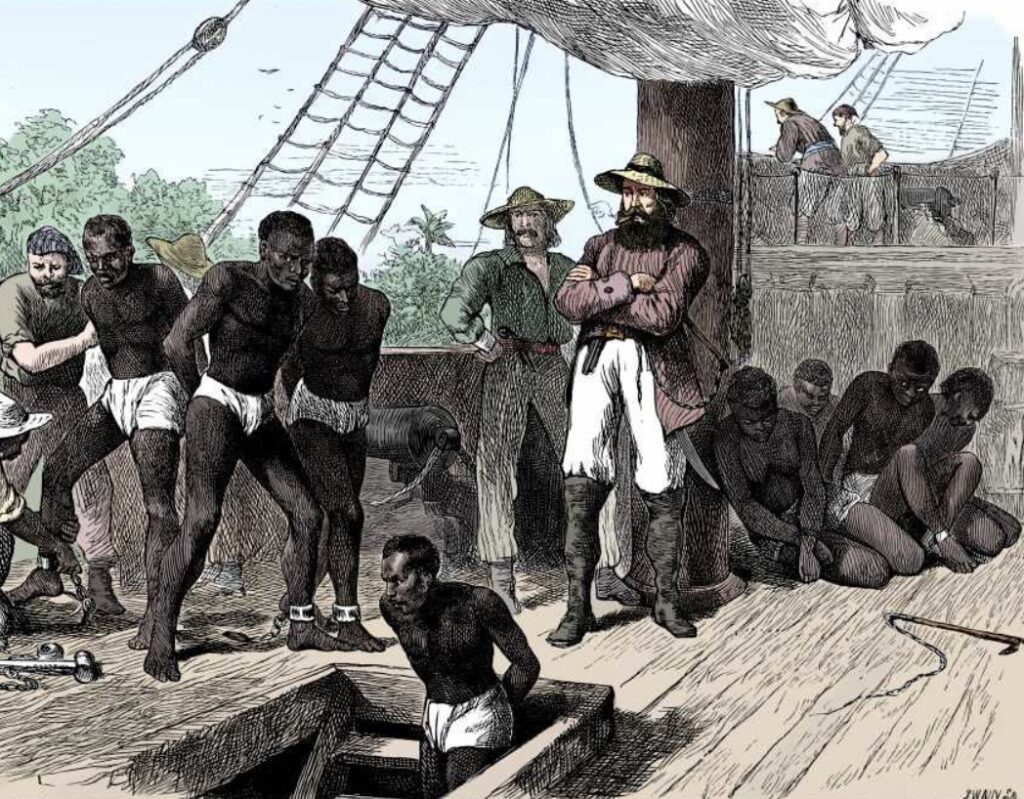Should the church in American and European apologise to African Christians for Christian atrocities during slavery and colonisation?
The question of whether the church in America and Europe should repent and apologize to African Christians for the atrocities committed in the name of Christianity during the slave trade and Africa colonization is a complex and sensitive issue. It requires a deep understanding of history, acknowledgment of past wrongs, and a commitment to reconciliation.

Should American and European churches apologise to African Christians for Christian atrocities during slavery and colonisation?
Firstly, it is important to recognize that the actions carried out during the slave trade and colonization were not solely perpetrated by the church, but rather by individuals, governments, and institutions that used Christianity as a justification for their actions. While some members of the church were complicit in these atrocities, it is crucial to differentiate between the actions of individuals and the teachings of Christianity itself.
That being said, the church as an institution has a responsibility to reflect upon its historical involvement and address the pain and suffering caused by those who distorted its teachings. Repentance and apology can serve as powerful acts of healing and reconciliation, fostering a renewed relationship between the church and African Christians.
Apologizing for the past wrongs committed in the name of Christianity can help to acknowledge the pain and trauma experienced by African Christians and their ancestors. It can also demonstrate a commitment to learning from history and working towards a more inclusive and just future. By taking responsibility for the actions of its members and seeking forgiveness, the church can contribute to the process of healing and reconciliation.
Furthermore, an apology from the church can serve as a catalyst for dialogue and understanding between different Christian communities. It can create opportunities for African Christians and their counterparts in America and Europe to come together, share their experiences, and work towards a common understanding of their shared faith.
However, it is important to note that an apology alone is not sufficient. It must be accompanied by concrete actions that address the ongoing effects of historical injustices. This may include supporting initiatives that promote education, economic empowerment, and social justice in African communities. It also requires a commitment to dismantling any remaining structures of oppression and discrimination within the church itself.
In conclusion, while the church as an institution cannot be held solely responsible for the atrocities committed during the slave trade and Africa colonization, it does have a moral obligation to reflect upon its historical involvement and seek reconciliation with African Christians. Repentance and apology, accompanied by meaningful actions, can contribute to healing the wounds of the past and building a more inclusive and just future for all Christians.












